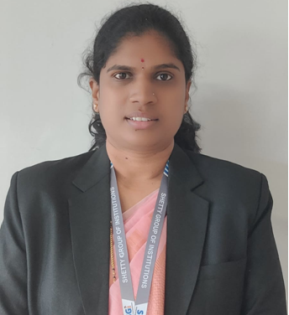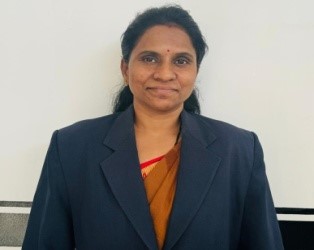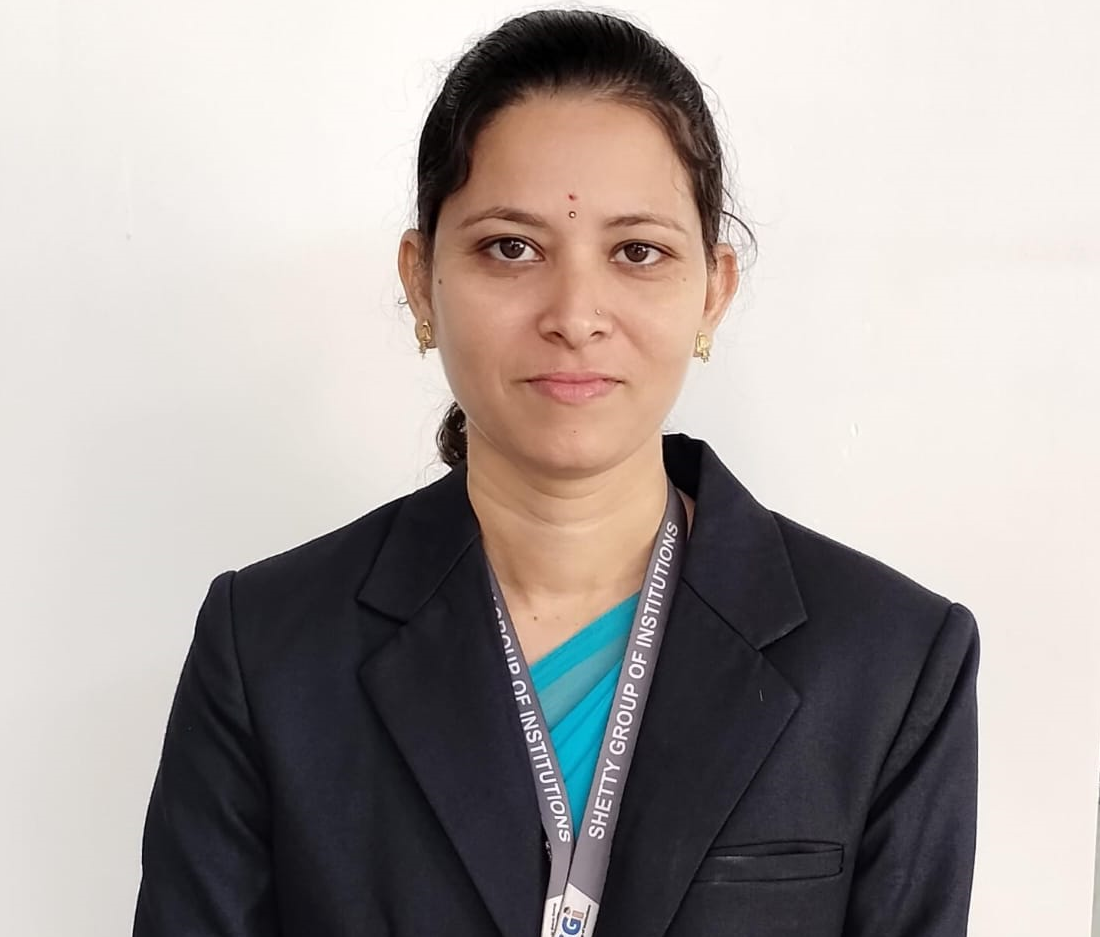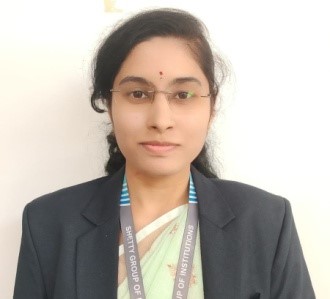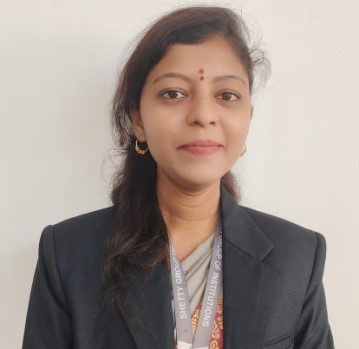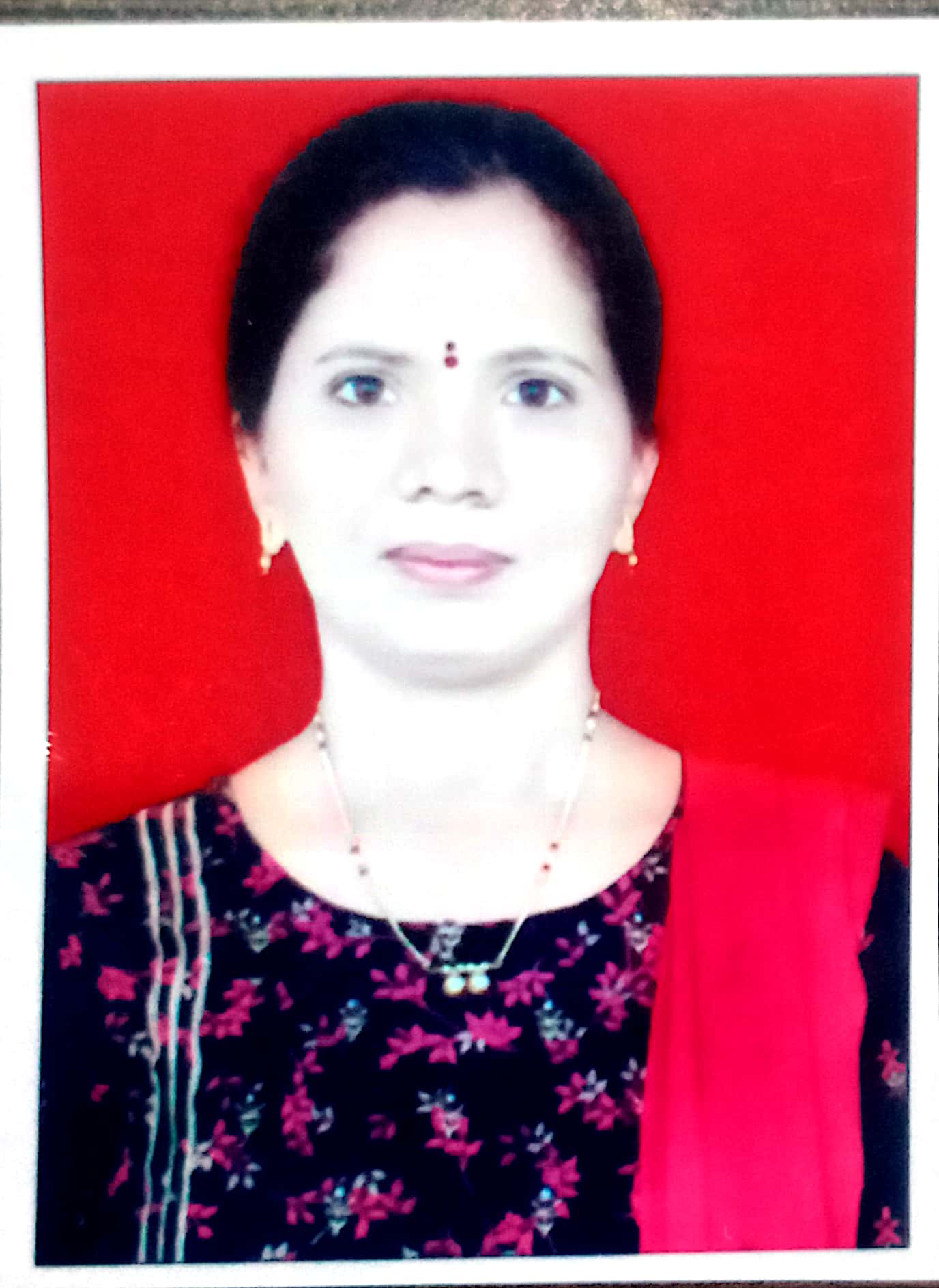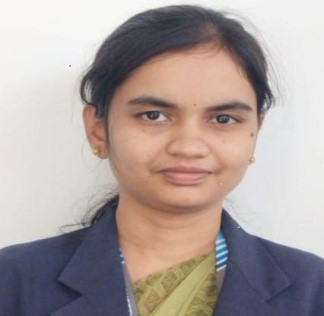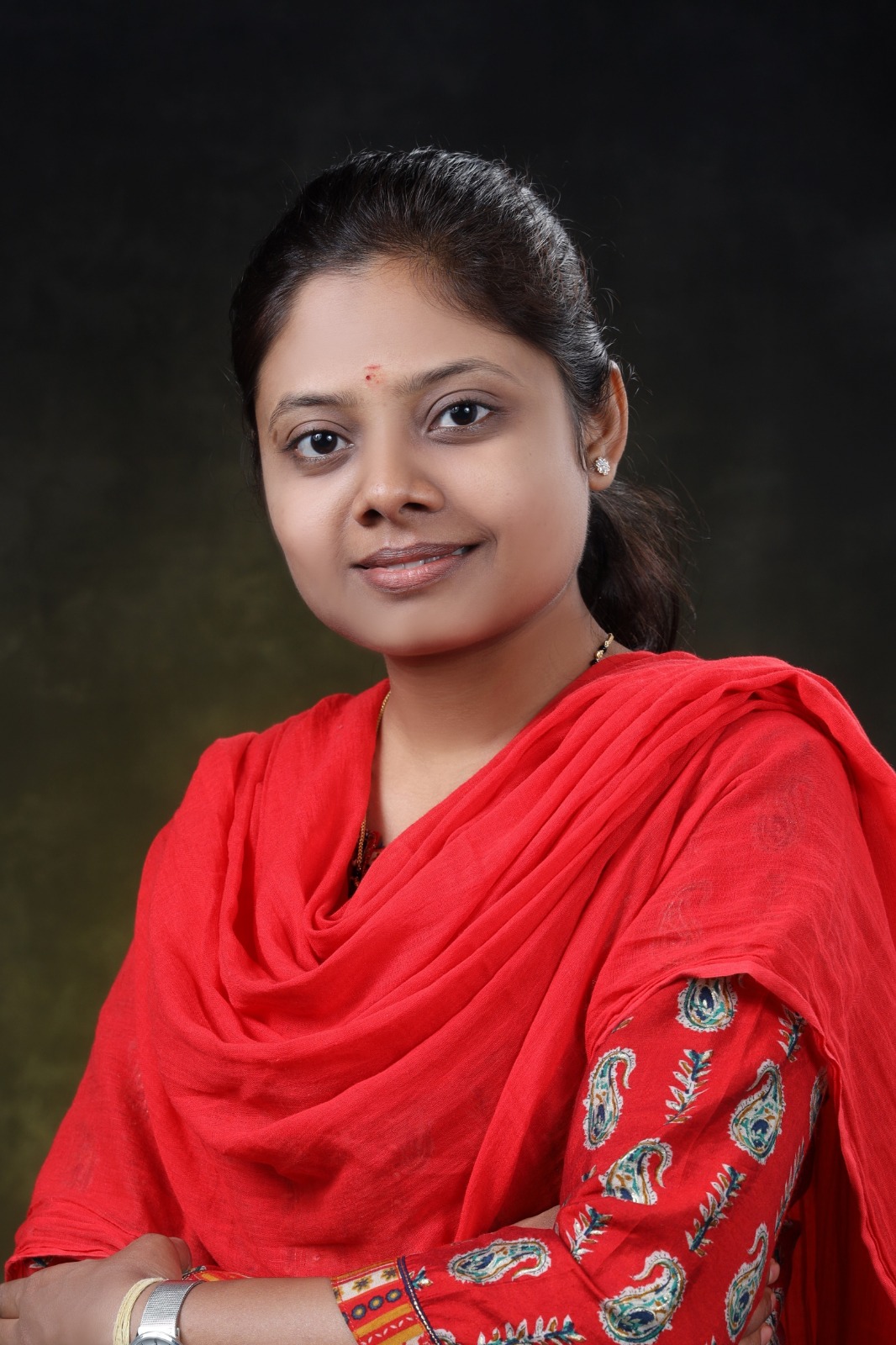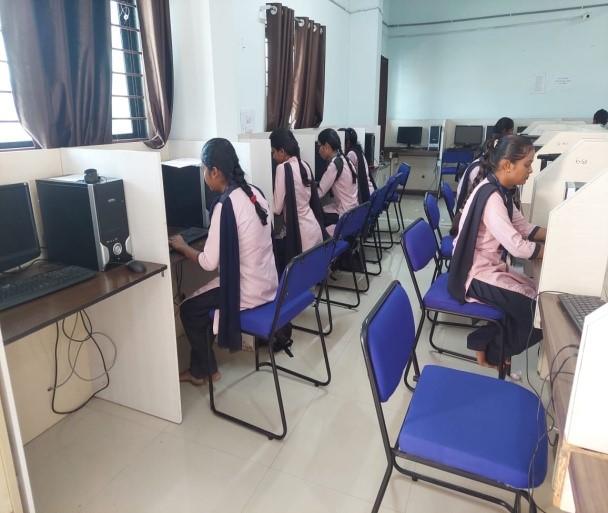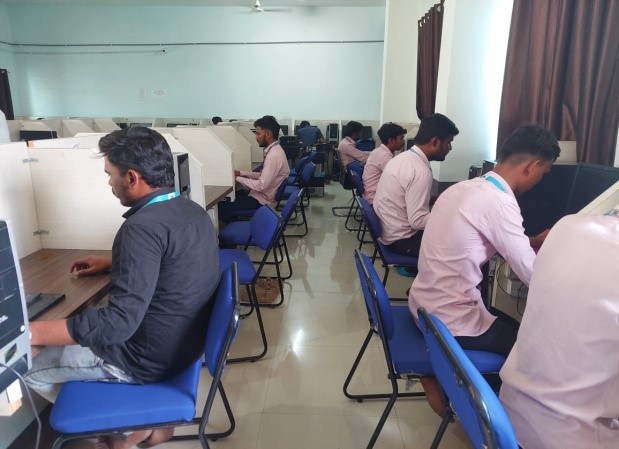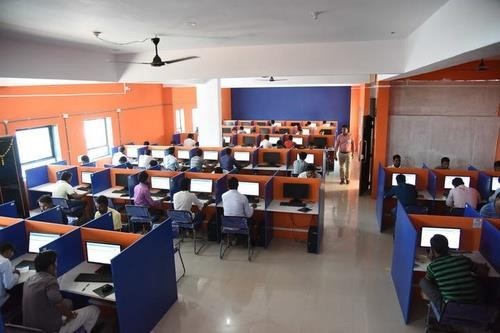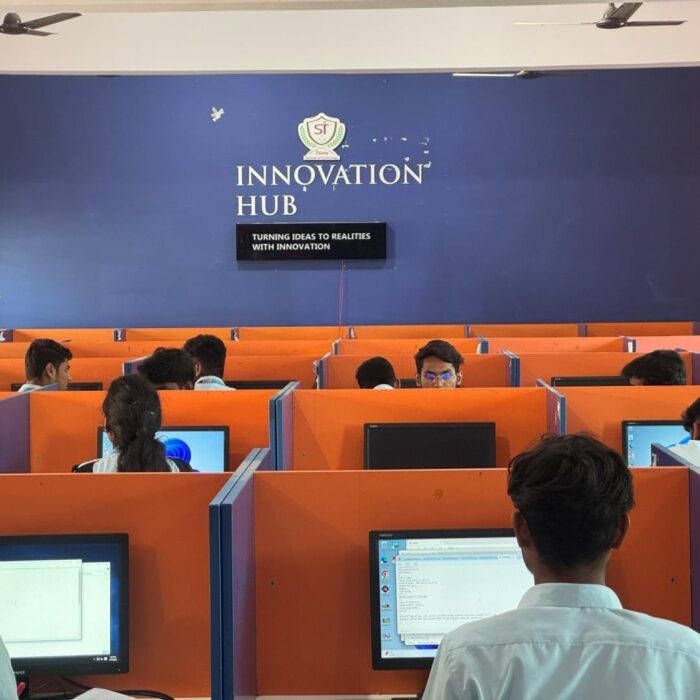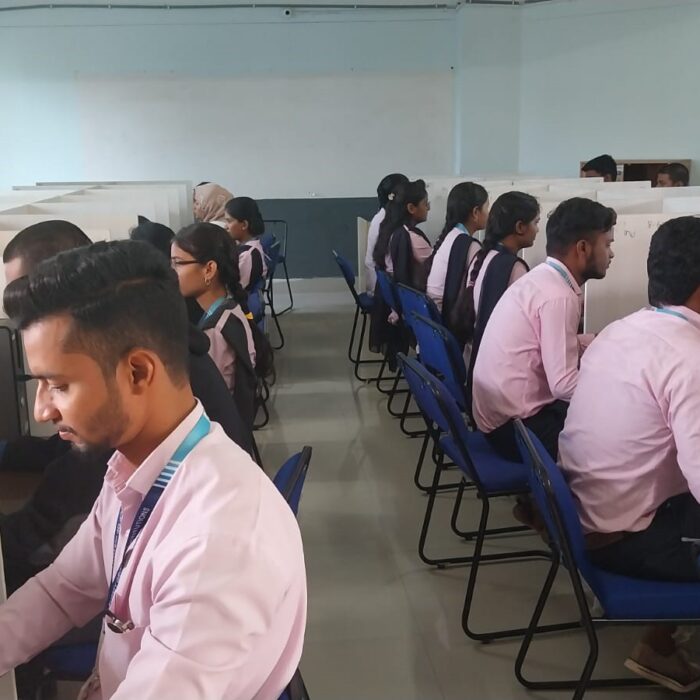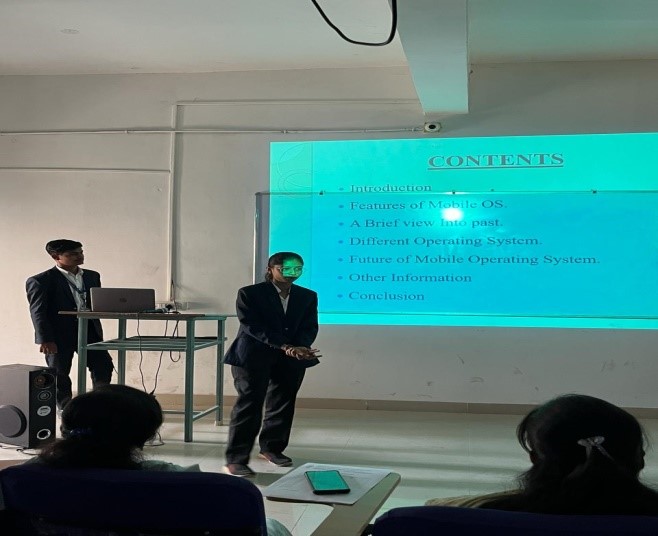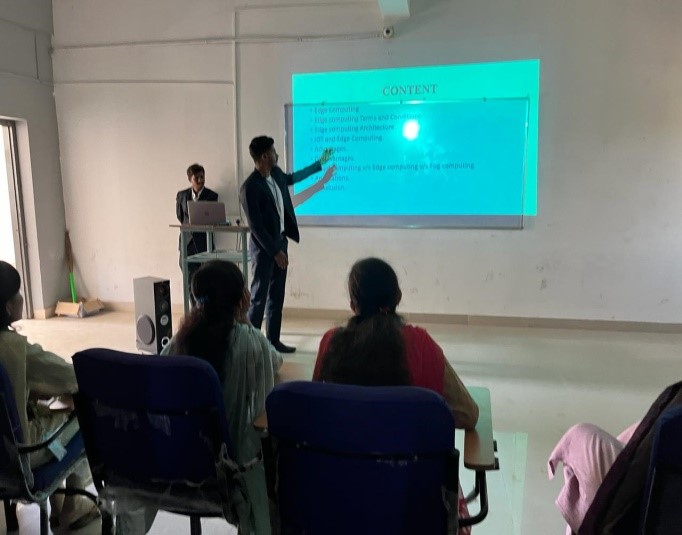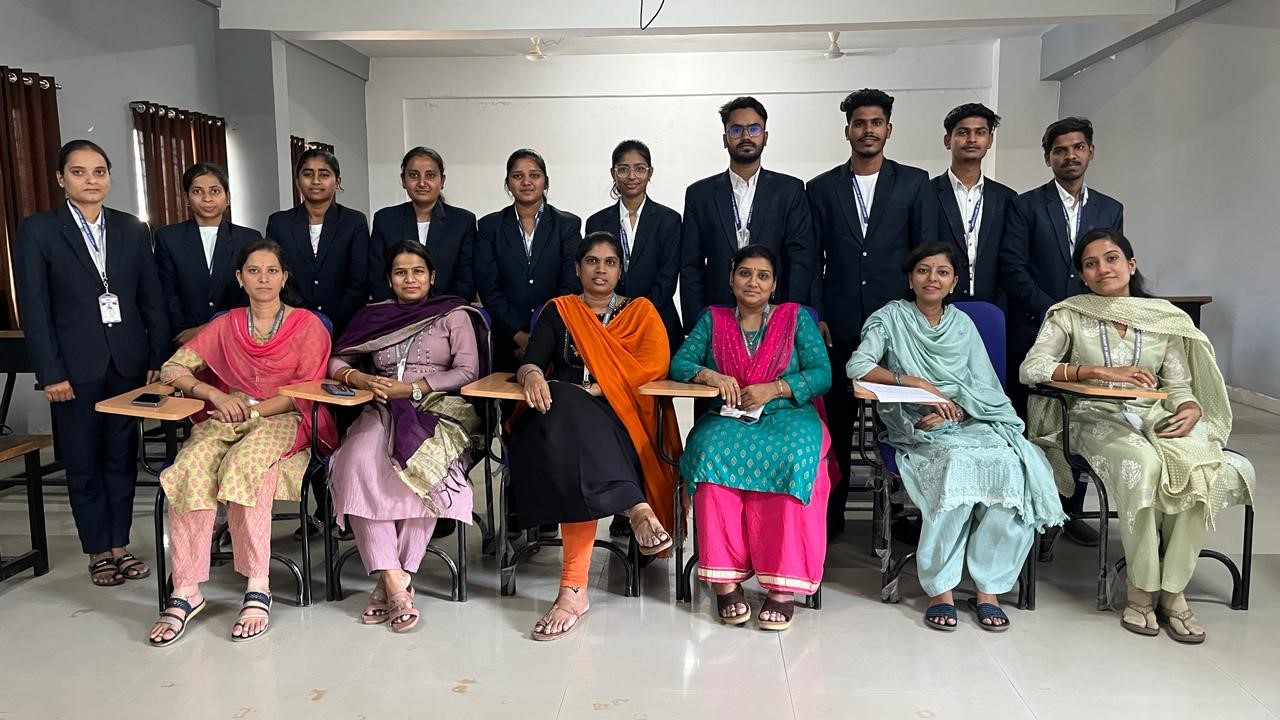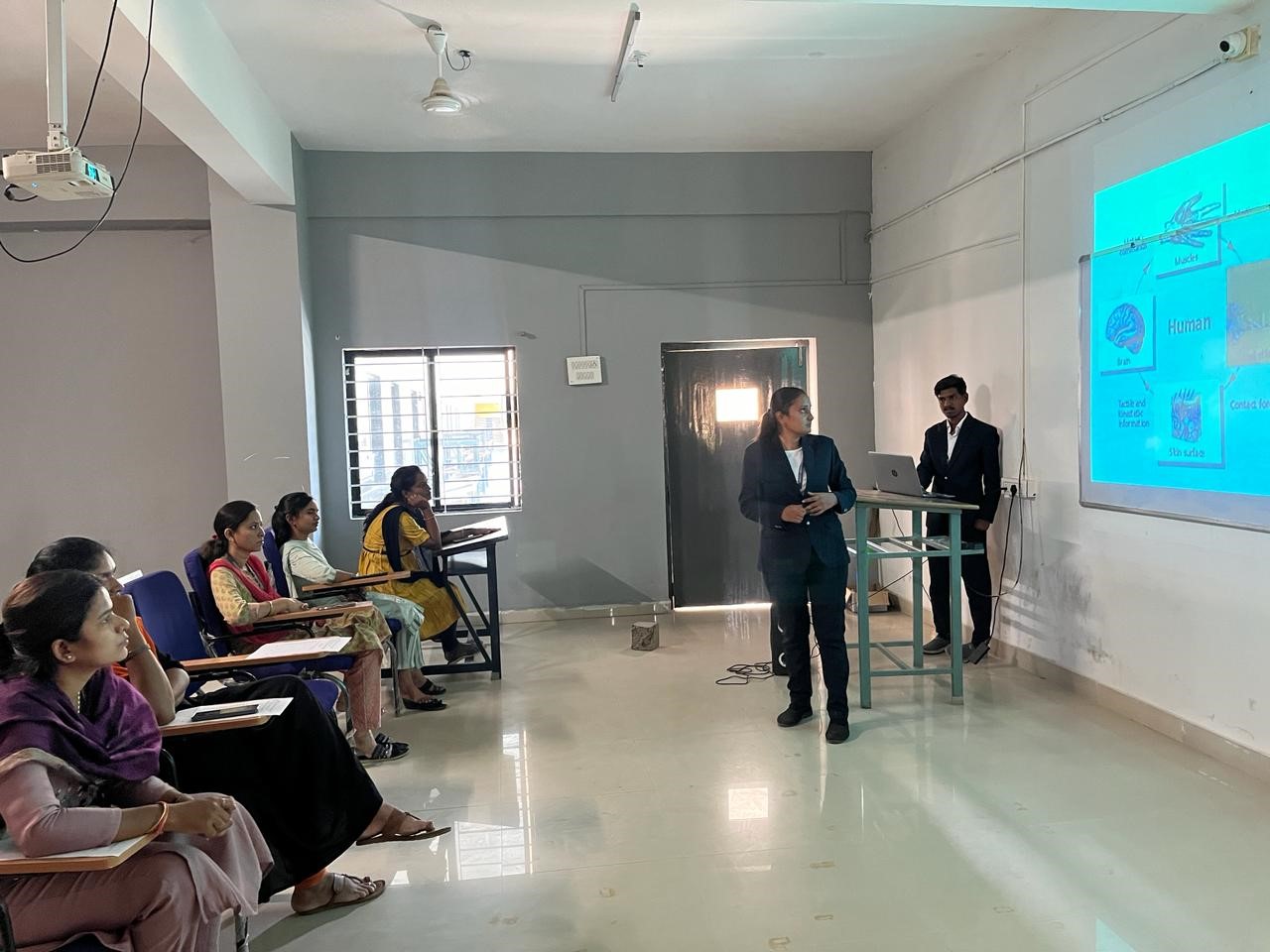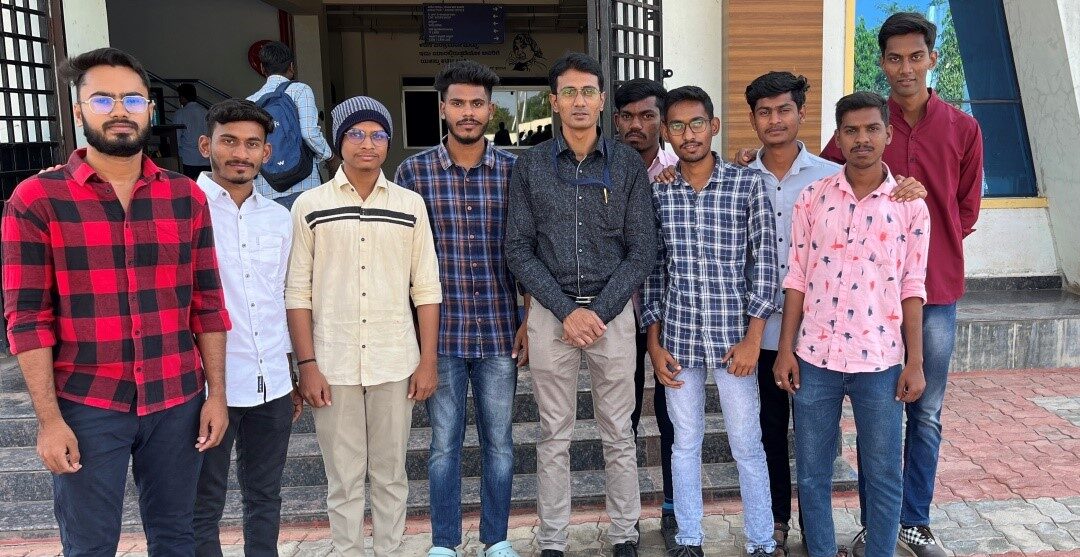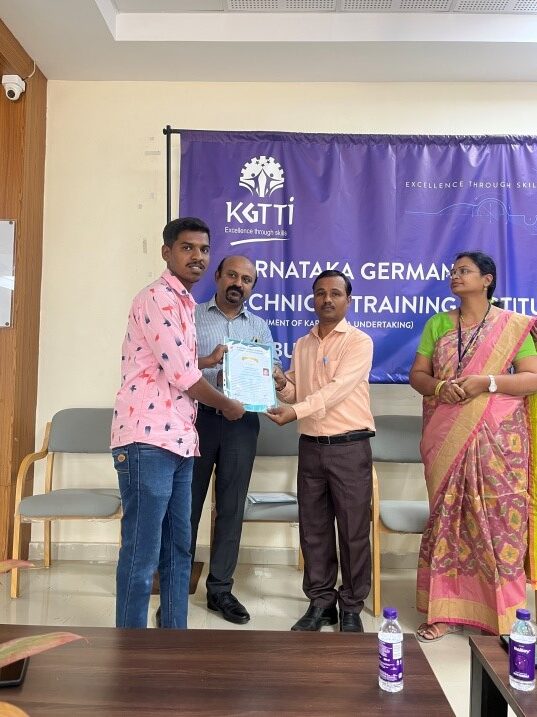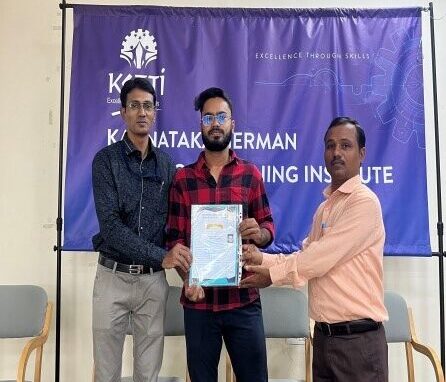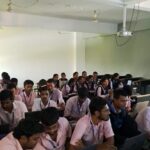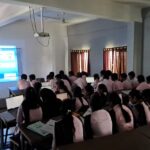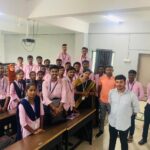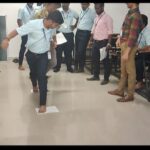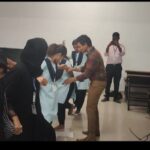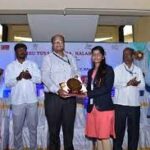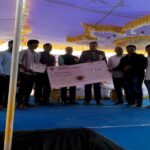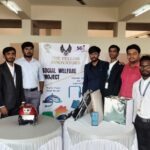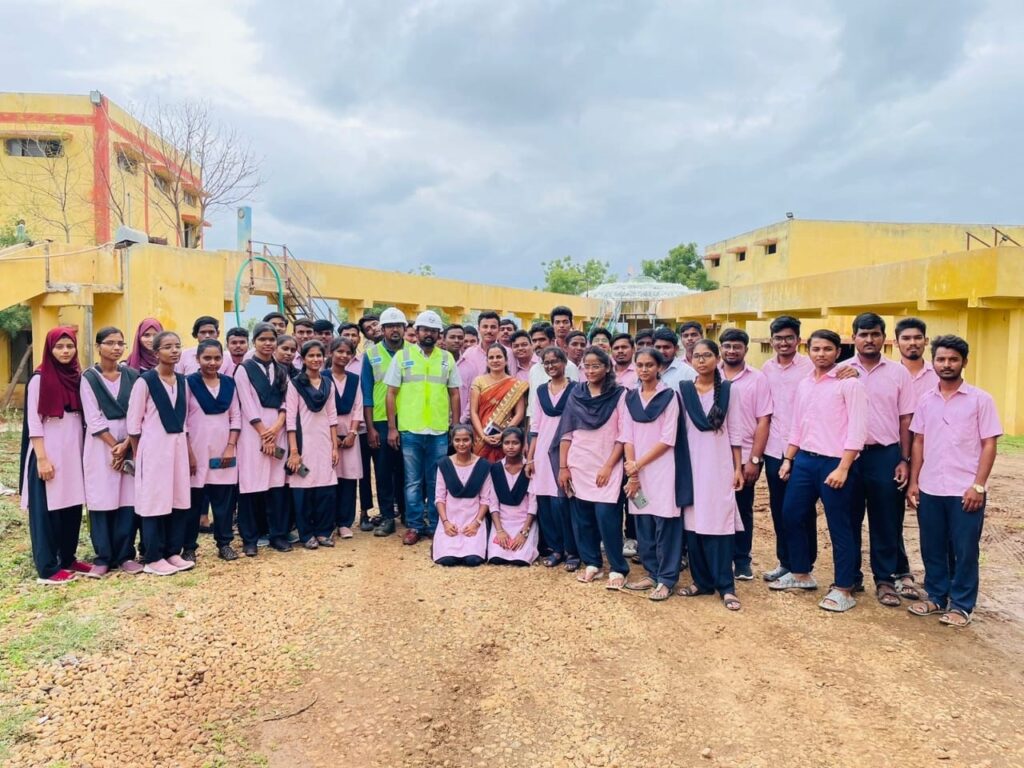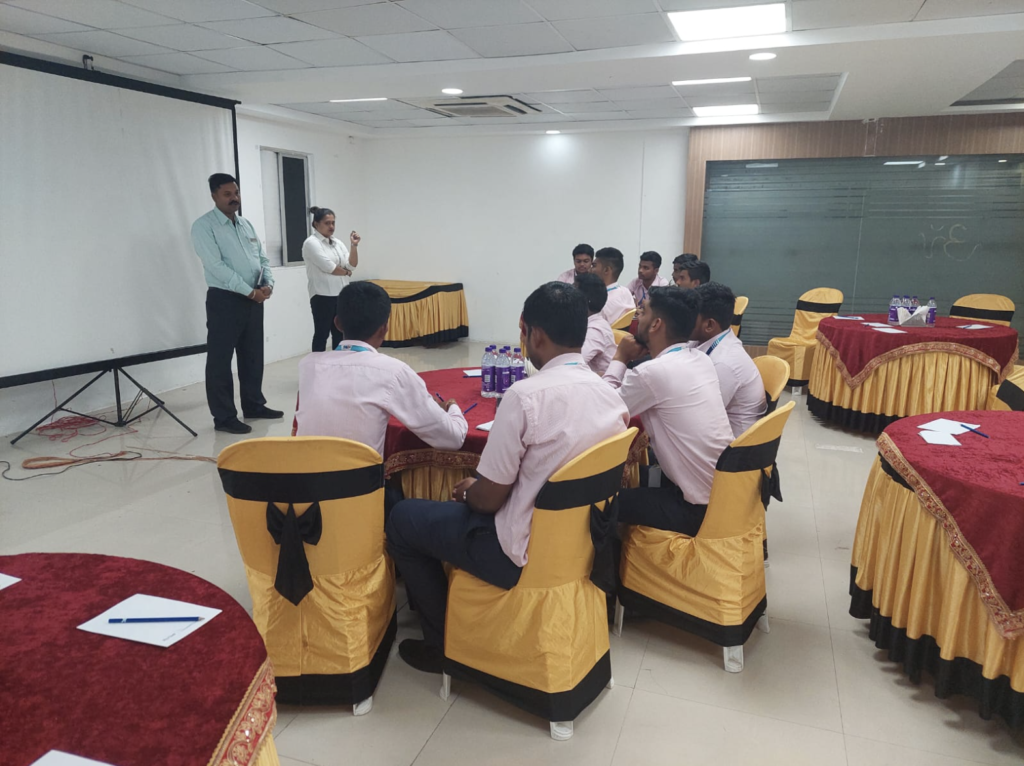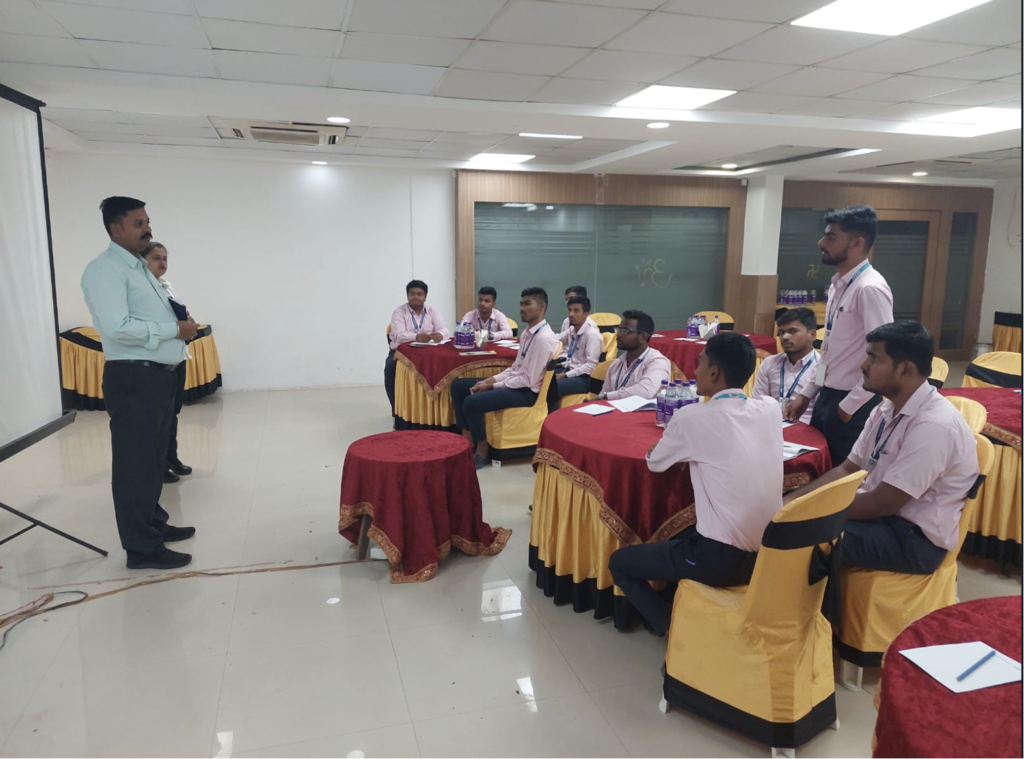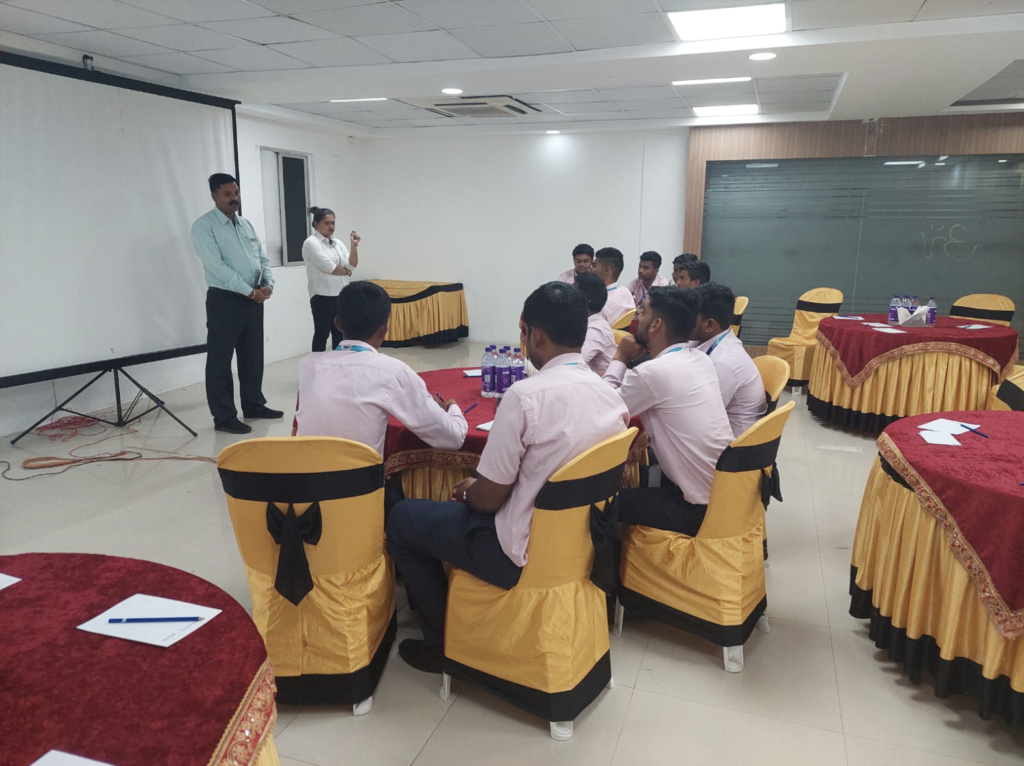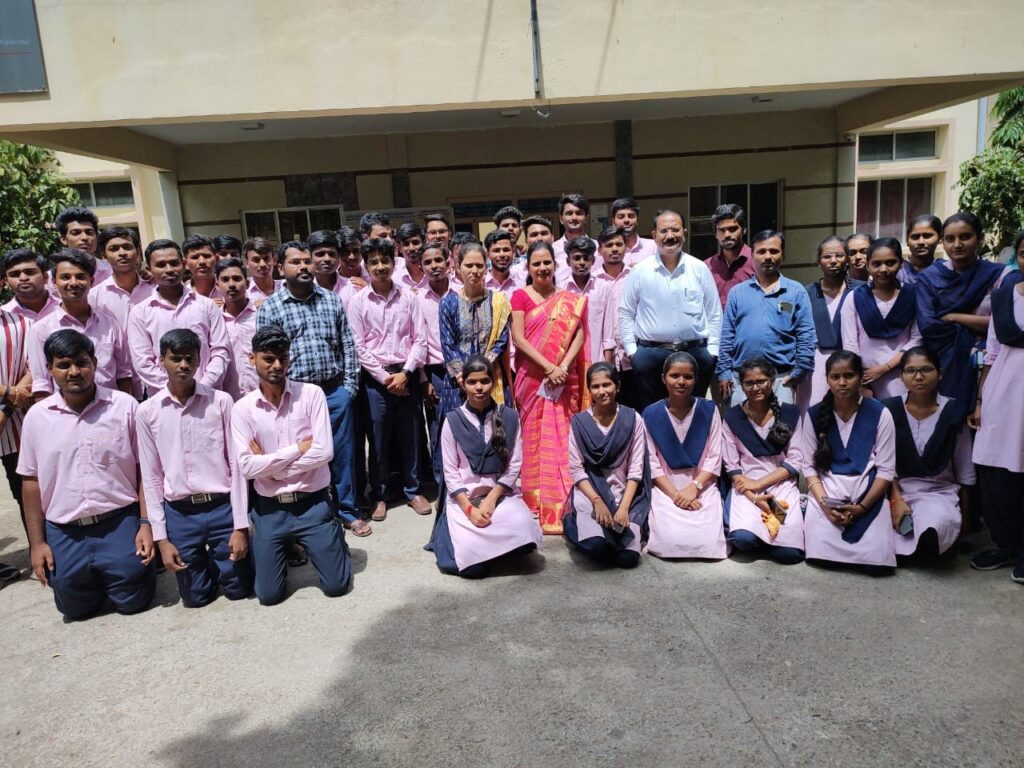Department of Computer Science and Engineering
The department is witnessing a period of exciting growth and opportunity propelled by the growth of technology and its recognition through excellence.
About
The Department of Computer Science & Engineering was established in the year 2011 with an intake of 60 students for Undergraduate program.
The department has well-equipped laboratories, qualified and experienced faculty members and excellent infrastructure.
The Department has good academic and placement records.
The Department is also undertaking consultancy works.
It is one of the most popular courses among engineering students.
CSE is an enthralling and unique innovative subject that encourages students to pursue creativity and technology.
Vision
“To lead in advancing computer science education, preparing students with cutting-edge knowledge and skills that meet global standards and address future challenges.”
MISSION
- Support overall student growth through hands-on and innovative learning approaches.
- Create a dynamic environment that encourages creativity and analytical thinking.
- Promote social responsibility and ethical leadership qualities among our students.
Program Educational Objectives (PEOs)
Perform in the profession of Computer Science & Engineering with the essentials of science, mathematics and engineering problem solving
Graduates will recognize the importance of continuous learning and self-improvement, staying abreast of emerging technologies, trends, and advancements in the field of computer science engineering.
Graduates will exhibit effective communication skills, both written and verbal, enabling them to collaborate with multidisciplinary teams, present technical concepts clearly, and engage in professional discourse
Graduates will demonstrate leadership qualities, including the ability to initiate and manage projects, inspire and guide team members, and exhibit entrepreneurial skills in identifying opportunities and driving innovation.
Department of ComputerScience&Engineering Laboratory Details
Sl.no |
NameoftheLab | Carpetarea (Sq mts) |
ListofMajor Equipments | No. of Systems |
1 | Lab 1: (DDCO,Excel,C++,DBMS) | 110 | Computers ( CPU, Monitor, Keyboard,Mouse),Printer,UPS | 35 |
2 | Lab 2: (DSC,OS,CN) | 110 | Computers(CPU,Monitor, Keyboard, Mouse), UPS | 35 |
3 | Lab 3: (ML,C#) | 110 | Computers(CPU,Monitor, Keyboard, Mouse), UPS | 35 |
| Dr.Chandrakala | Mtech , PHD | Associate Proffessor | |
| Shivalingamma | BE ,Mtech | Assistant Proffessor | |
| Shruti | BE ,Mtech | Assistant Proffessor | |
| Shwetha | BE ,Mtech | Assistant Proffessor | |
| Vijayalakshmi | BE ,Mtech | Assistant Proffessor | |
| Priya | BE ,Mtech | Assistant Proffessor | |
| Pratibha | BE ,Mtech | Assistant Proffessor | |
| Sharanu Noola | BE ,Mtech | Assistant Proffessor | |
| Annapurna | BE ,Mtech | Assistant Proffessor |
Slno | Labs |
1 | Digital Design and Computer Organization |
2 | OPERATING SYSTEMS |
3 | DATA STRUCTURES LABORATORY |
4 | OBJECT ORIENTED PROGRAMMING with C++ |
5 | Data Analytics with Excel |
6 | MICROCONTROLLERS |
7 | DATABASE MANAGEMENT SYSTEM |
8 | Analysis & Design of Algorithms Lab |
|
|
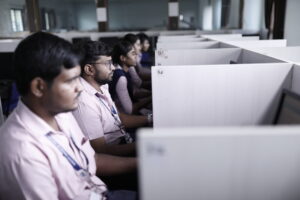
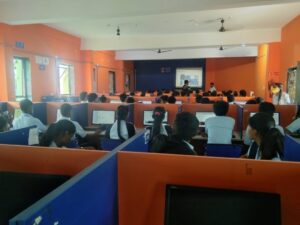
Department of Computer Science Engineering
The Computer Science Engineering Department is dedicated to equipping students with the essential skills and knowledge needed for success in the rapidly evolving tech industry. It offers a well-rounded curriculum that covers key areas such as programming, algorithms, data structures, software engineering, artificial intelligence, and cyber security, blending theoretical instruction with hands-on practical experience through project-based learning and industry internships. Students are encouraged to participate in technical clubs, hackathons, and competitions, nurturing a vibrant and collaborative learning community. Graduates are well-prepared to pursue careers in various domains.
Our Vision
“To lead in advancing computer science education, preparing students with cutting-edge knowledge and skills that meet global standards and address future challenges.”
Our Mission
- Support overall student growth through hands-on and innovative learning approaches.
- Create a dynamic environment that encourages creativity and analytical thinking.
- Promote social responsibility and ethical leadership qualities among our students.
| Sl. No. | Description | POs |
|---|---|---|
| 1 | Engineering knowledge: Apply the knowledge of mathematics, science, engineering fundamentals, and computer science and business systems to the solution of complex engineering and societal problems. | PO1 |
| 2 | Problem analysis: Identify, formulate, review research literature, and analyze complex engineering and business problems reaching substantiated conclusions using first principles of mathematics, natural sciences, and engineering sciences. | PO2 |
| 3 | Design/development of solutions: Design solutions for complex engineering problems and design system components or processes that meet the specified needs with appropriate consideration for the public health and safety, and the cultural, societal, and environmental considerations. | PO3 |
| 4 | Conduct investigations of complex problems: Use research-based knowledge and research methods including design of experiments, analysis and interpretation of data, and synthesis of the information to provide valid conclusions. | PO4 |
| 5 | Modern tool usage: Create, select, and apply appropriate techniques, resources, and modern engineering and IT tools including prediction and modeling to complex engineering activities with an understanding of the limitations | PO5 |
| 6 | The engineer and society: Apply reasoning informed by the contextual knowledge to assess societal, health, safety, legal and cultural issues and the consequent responsibilities relevant to the professional engineering and business practices. | PO6 |
| 7 | Environment and sustainability: Understand the impact of the professional engineering solutions in business societal and environmental contexts, and demonstrate the knowledge of, and need for sustainable development. | PO7 |
| 8 | Ethics: Apply ethical principles and commit to professional ethics and responsibilities and norms of the engineering and business practices. | PO8 |
| 9 | Individual and team work: Function effectively as an individual, and as a member or leader in diverse teams, and in multidisciplinary settings. | PO9 |
| 10 | Communication: Communicate effectively on complex engineering activities with the engineering community and with society at large, such as, being able to comprehend and write effective reports and design documentation, make effective presentations, and give and receive clear instructions. | PO10 |
| 11 | Project management and finance: Demonstrate knowledge and understanding of the engineering, business and management principles and apply these to one’s own work, as a member and leader in a team, to manage projects and in multidisciplinary environments. | PO11 |
| 12 | Life-long learning: Recognize the need for, and have the preparation and ability to engage in independent and life-long learning in the broadest context of technological change. | PO12 |

